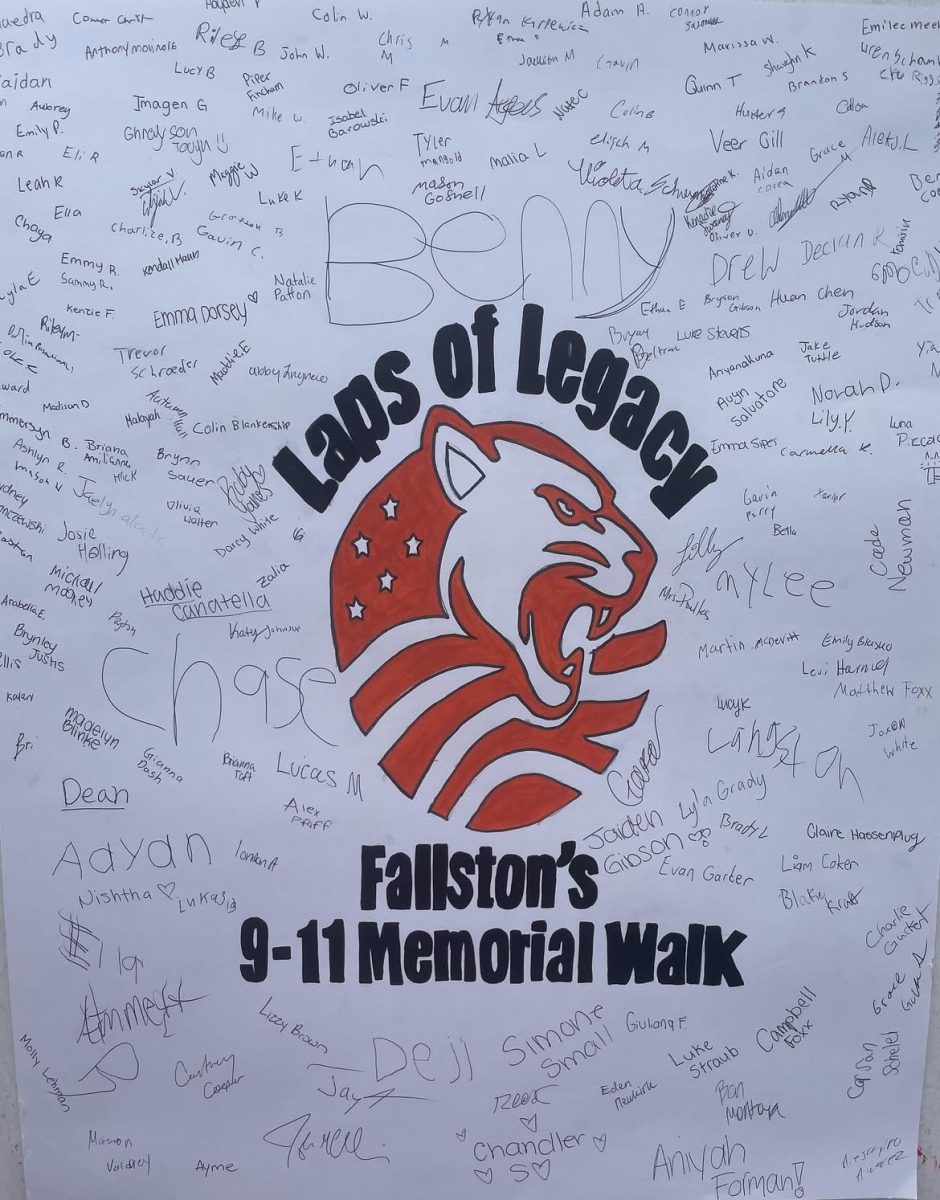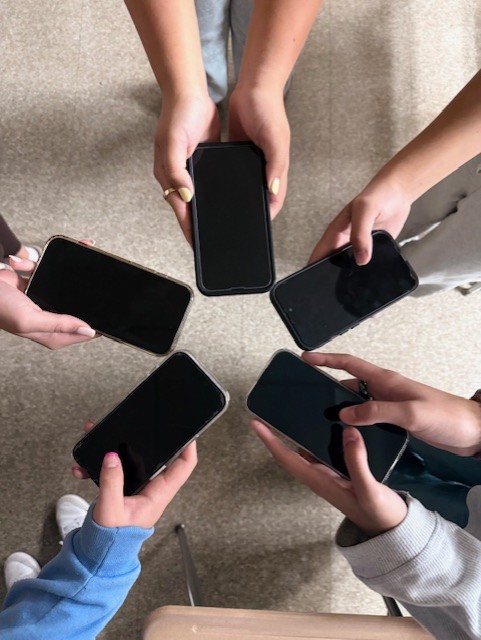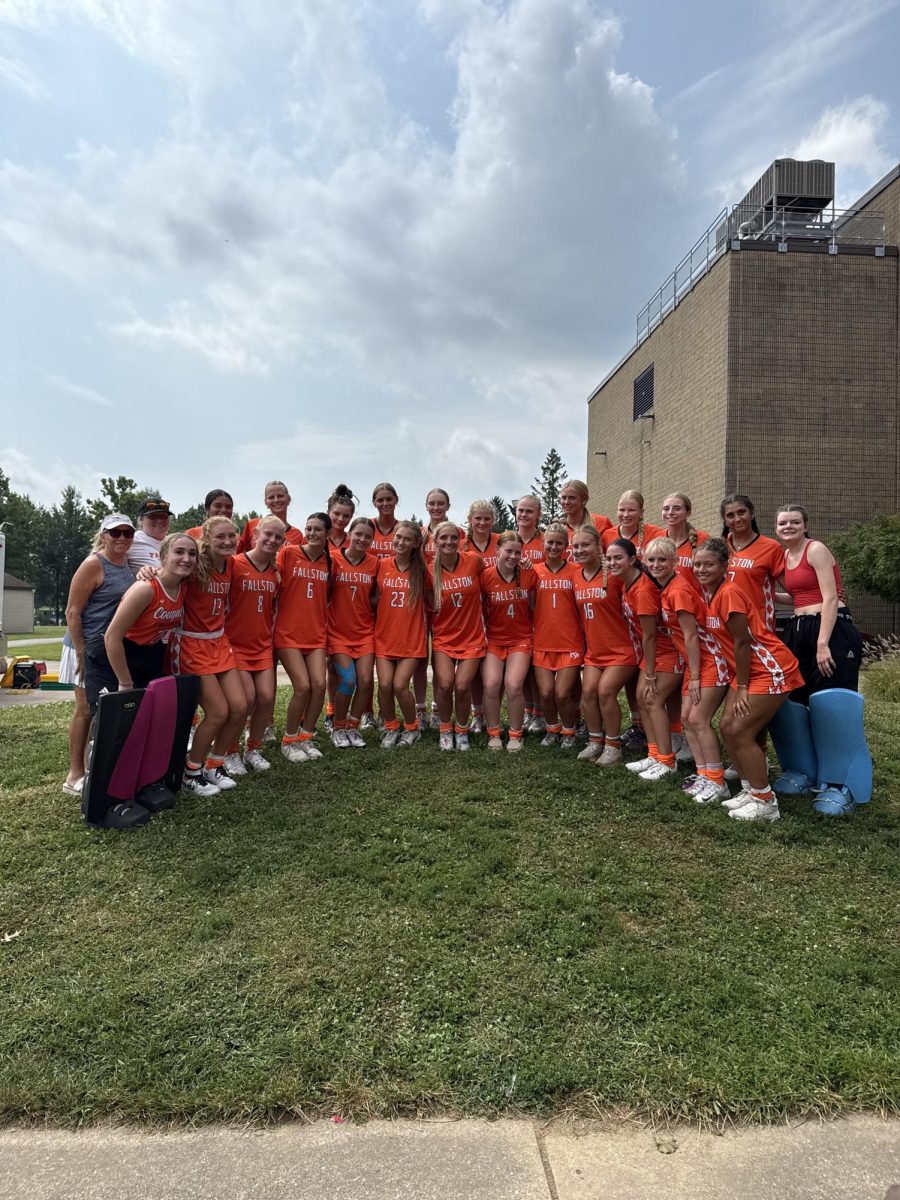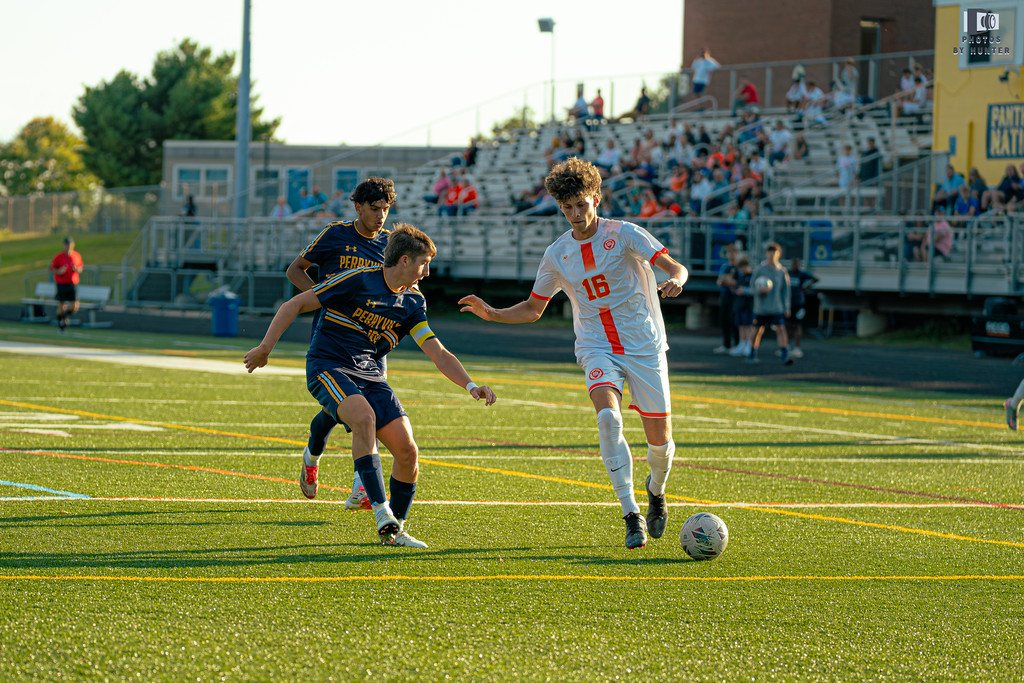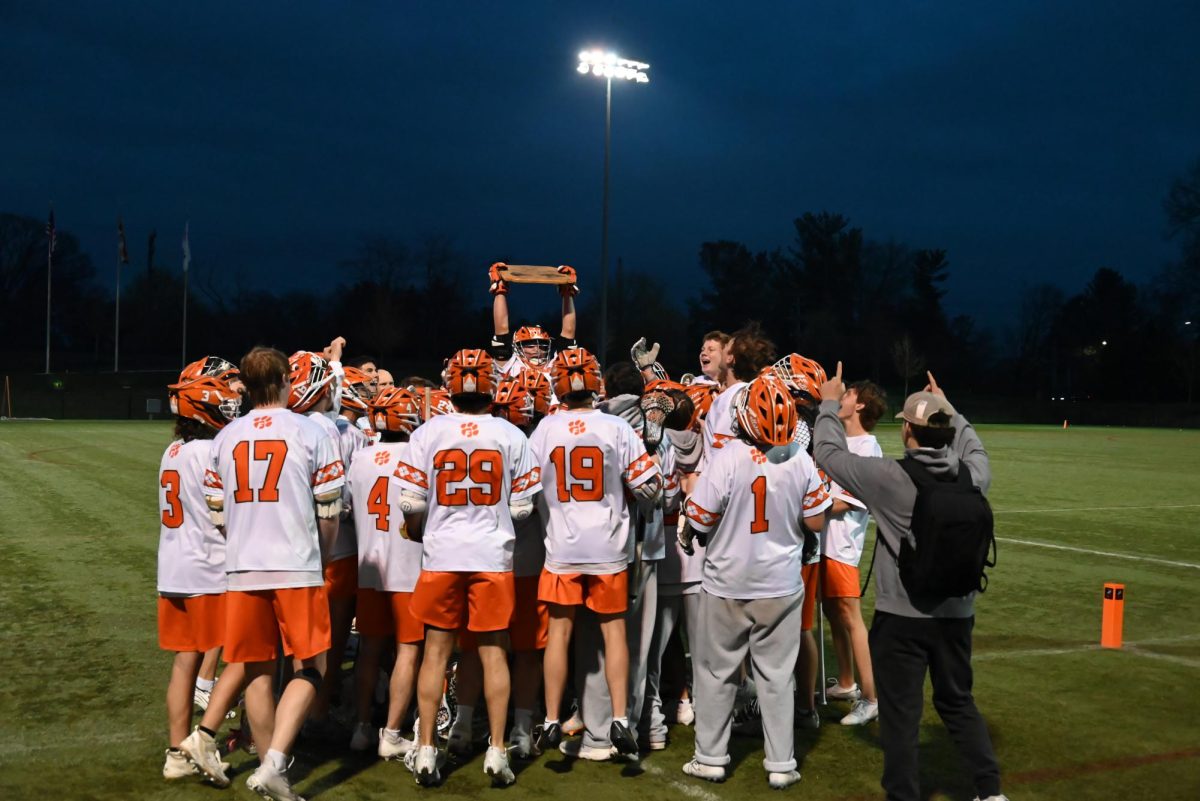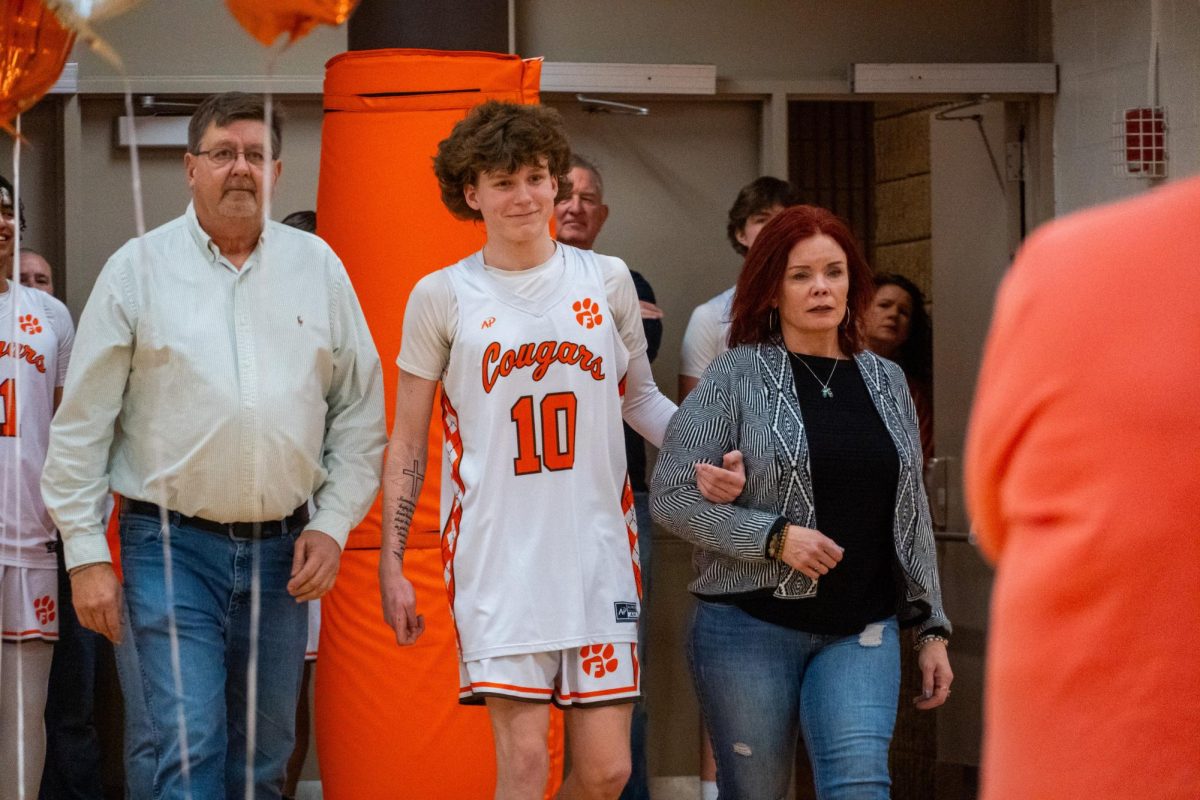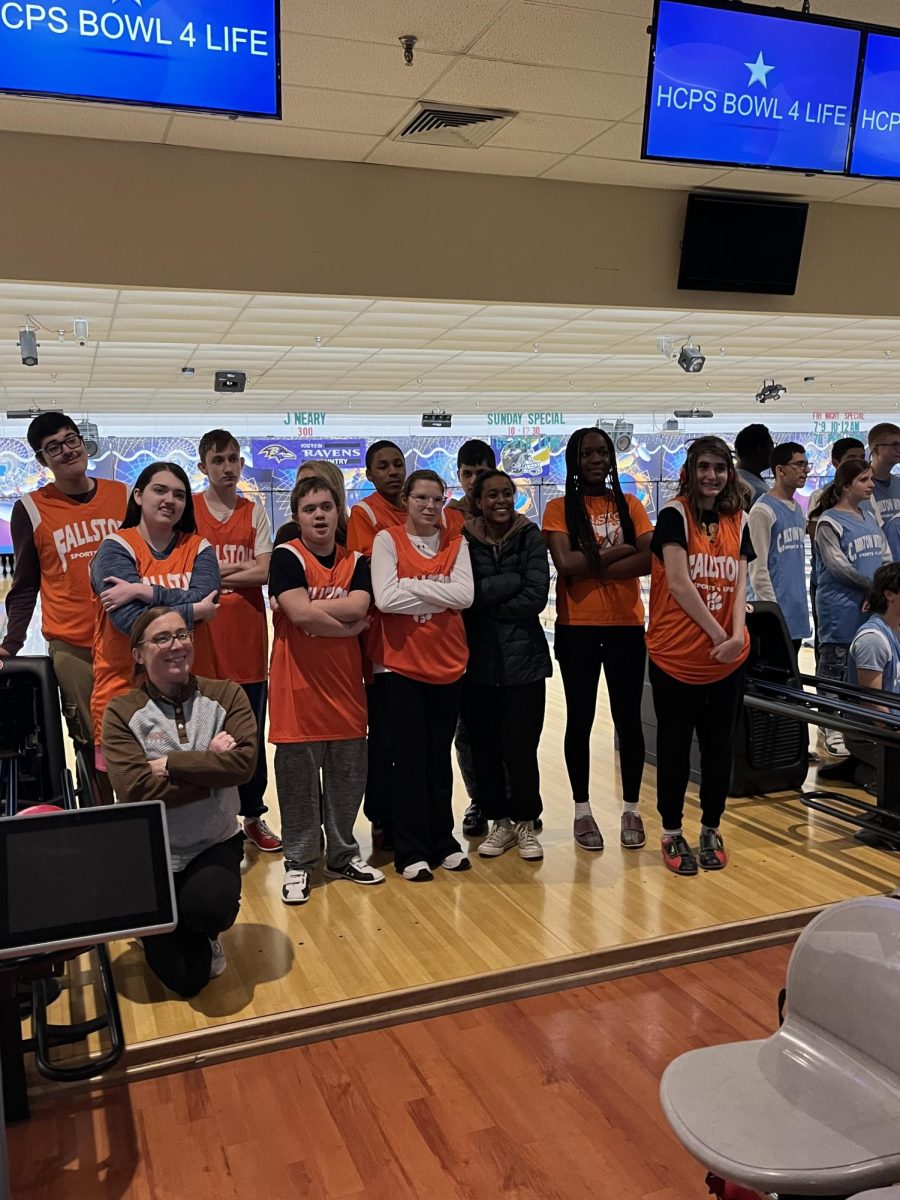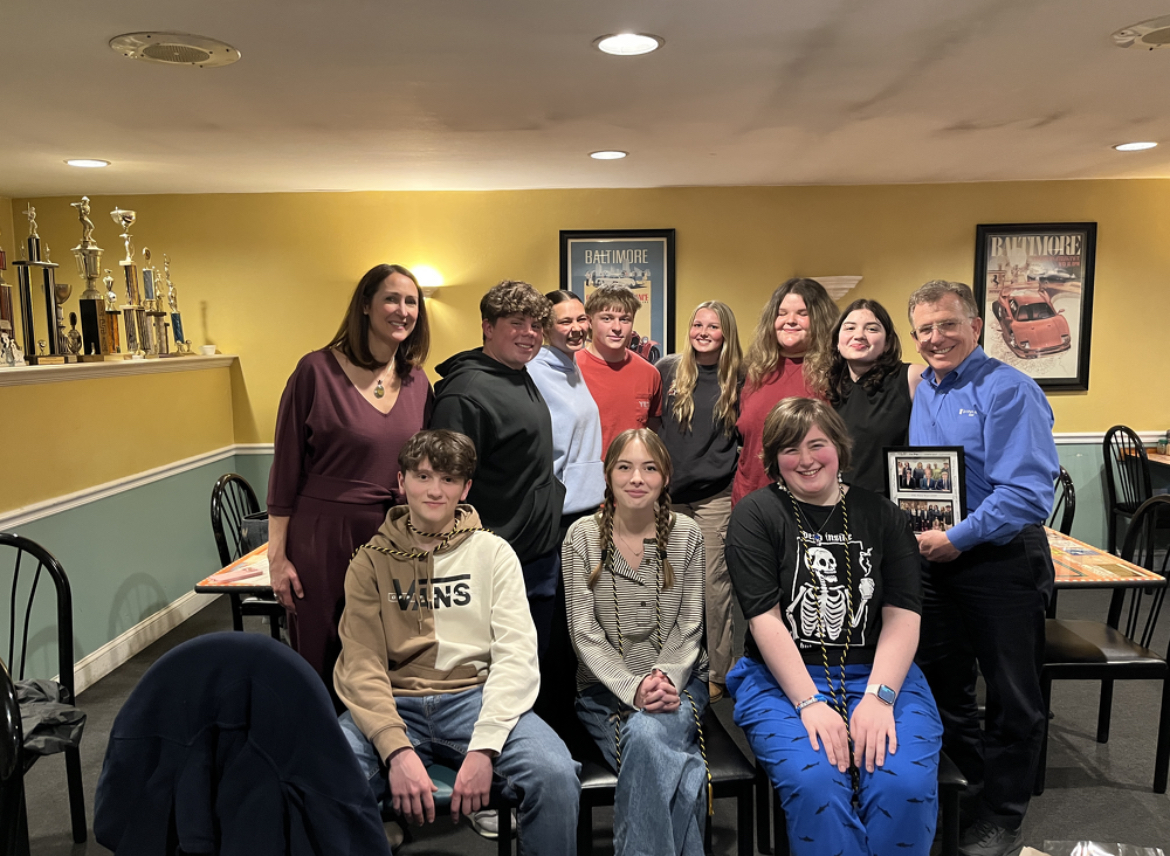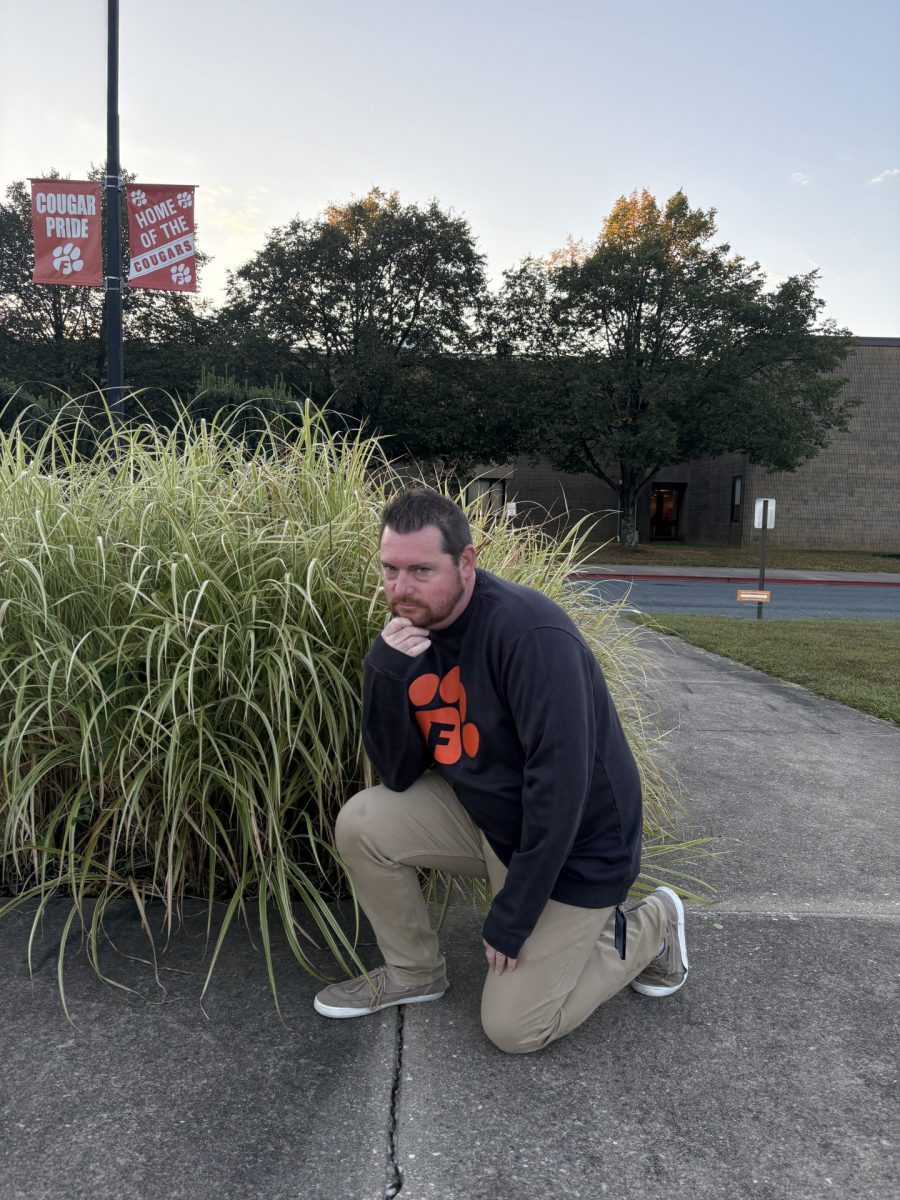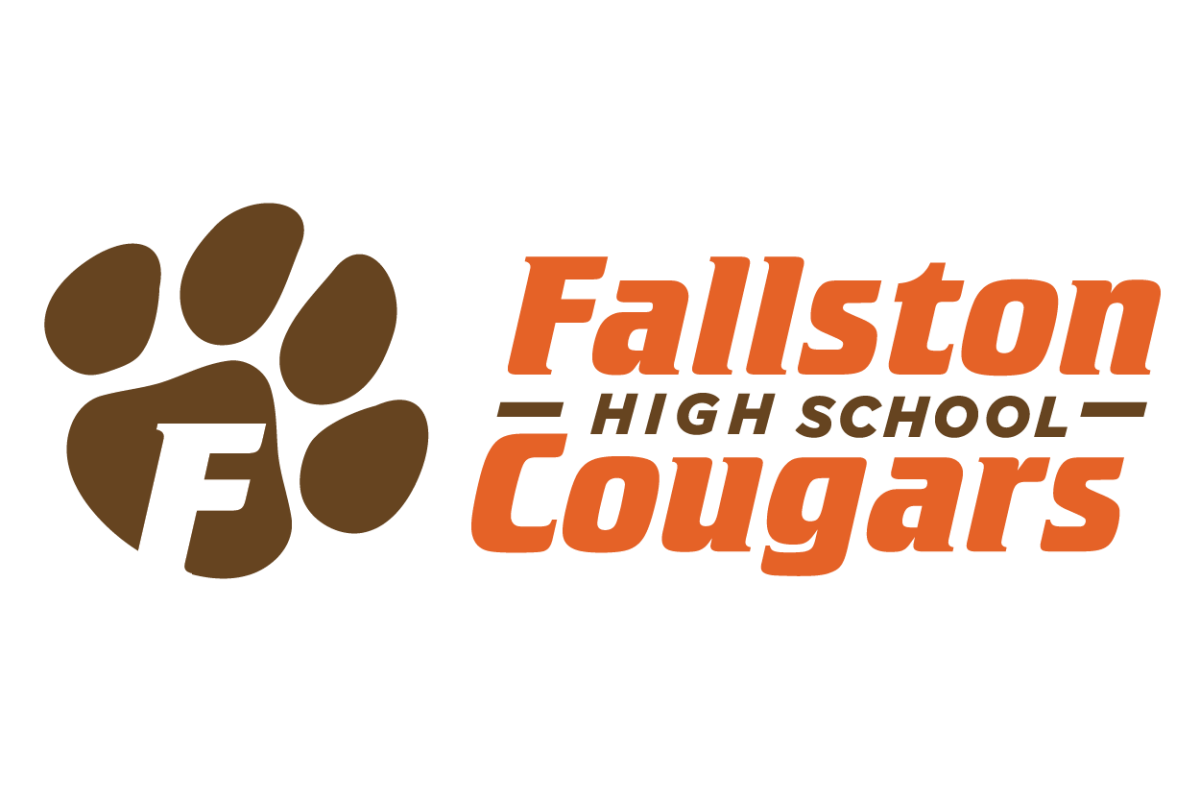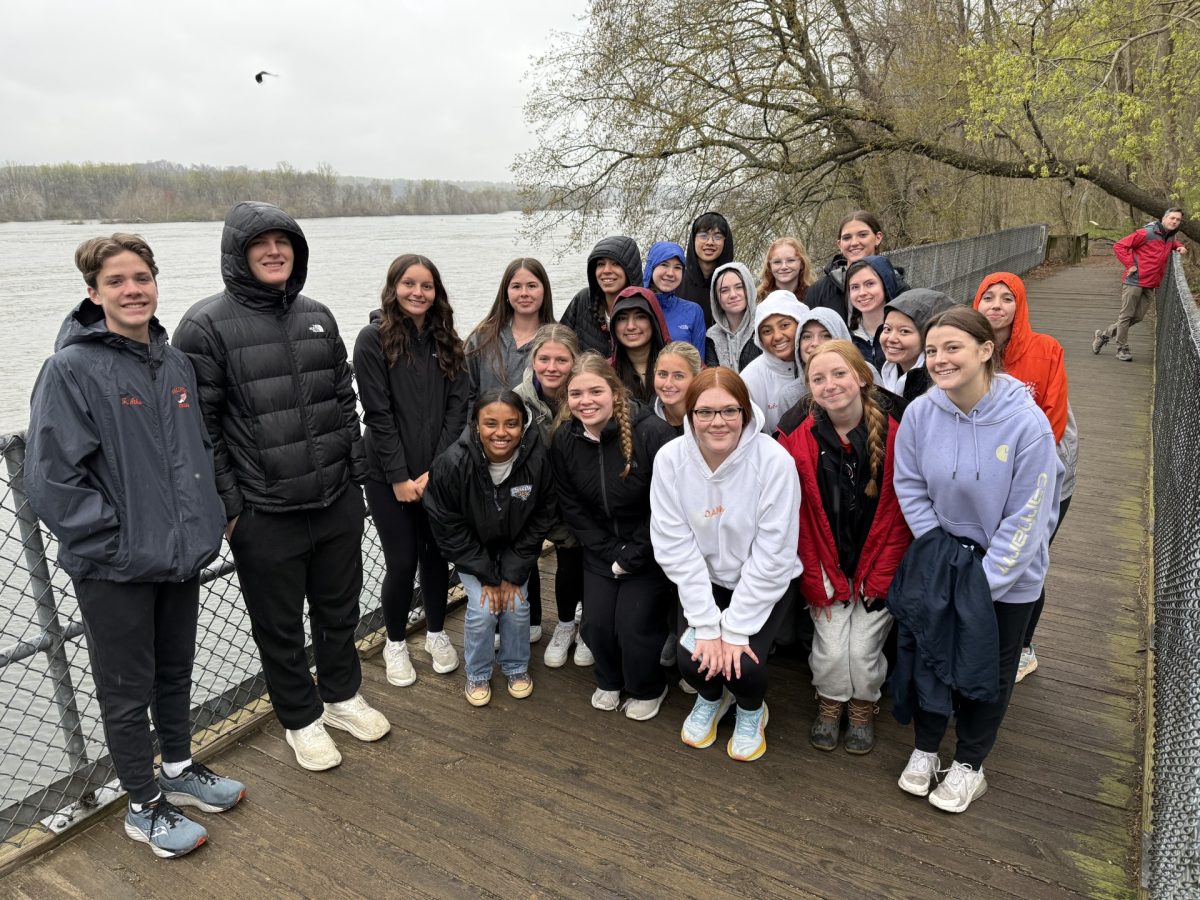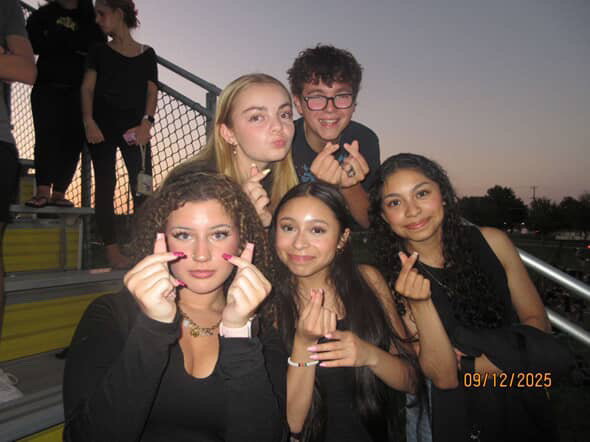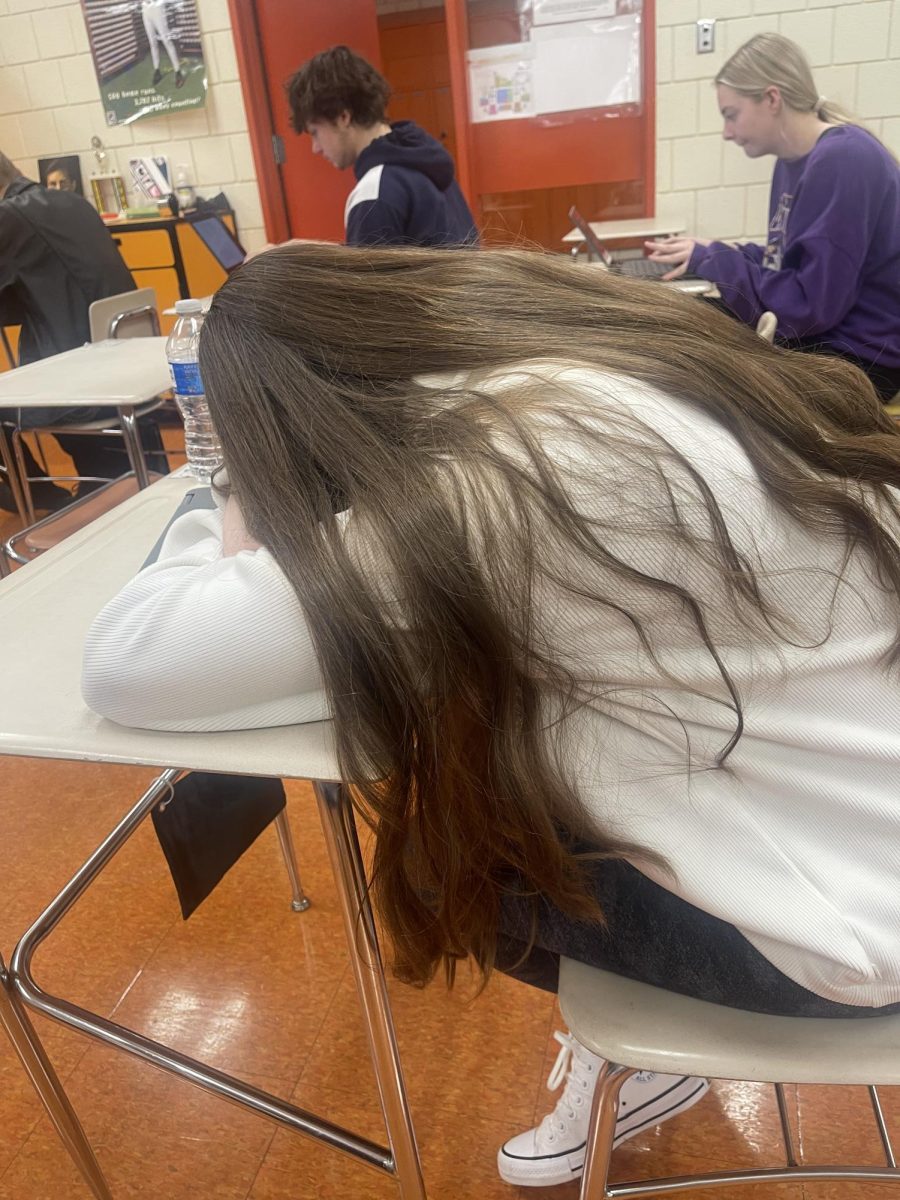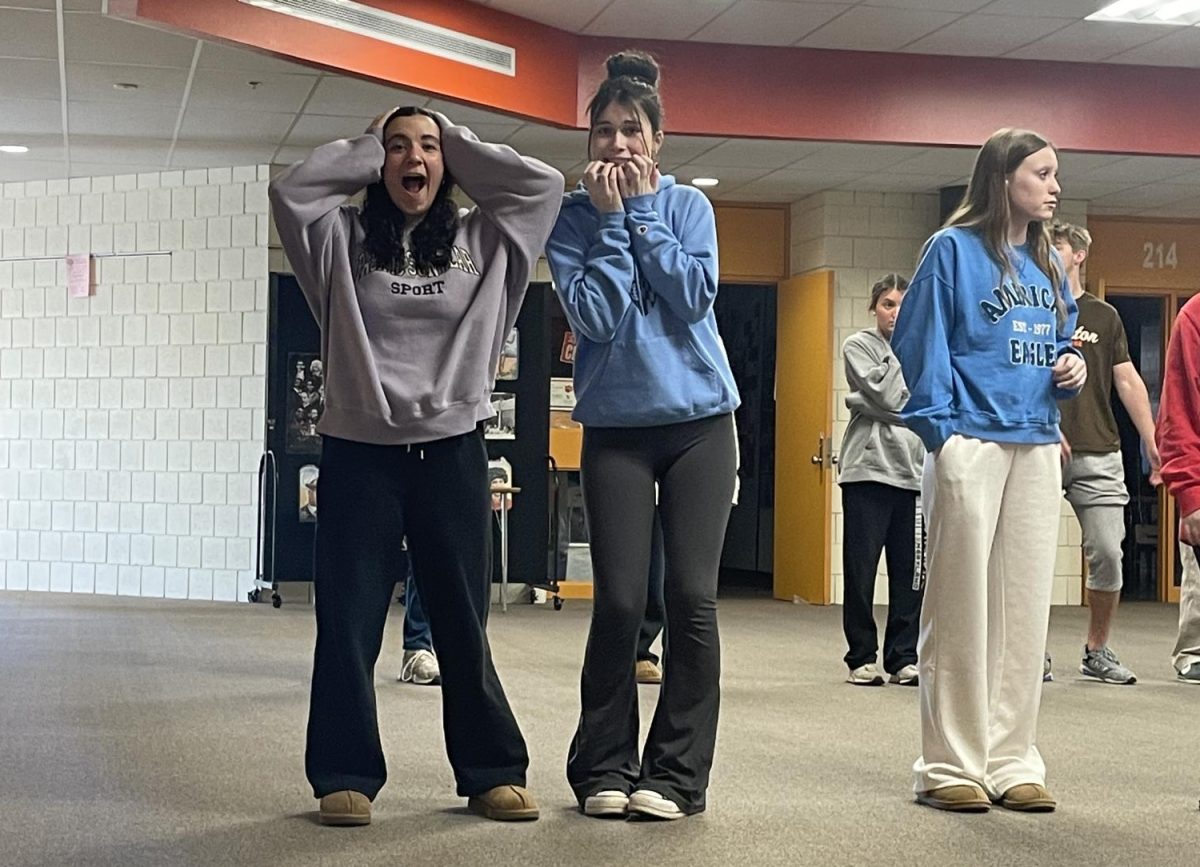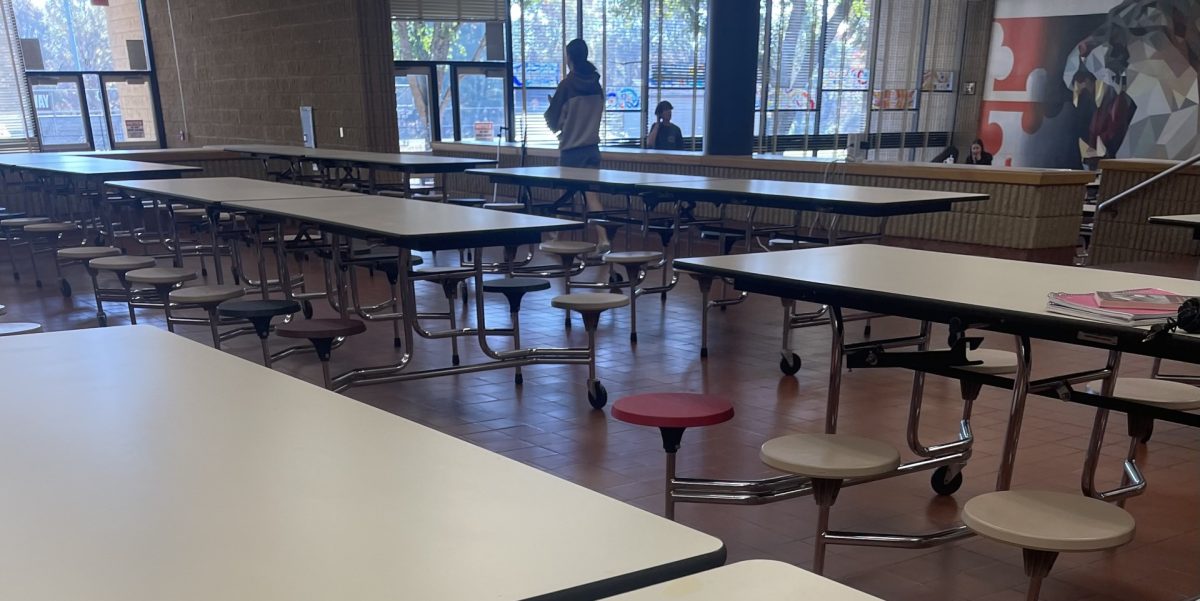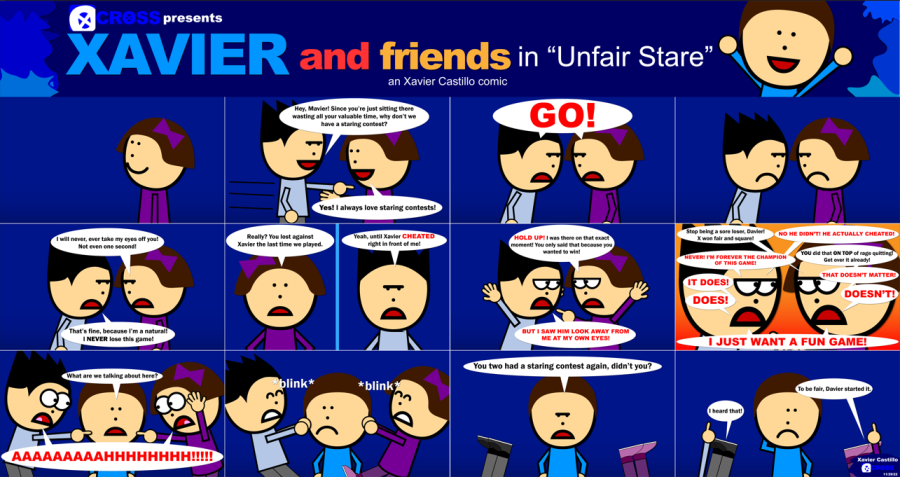The Science Scoop: Physics
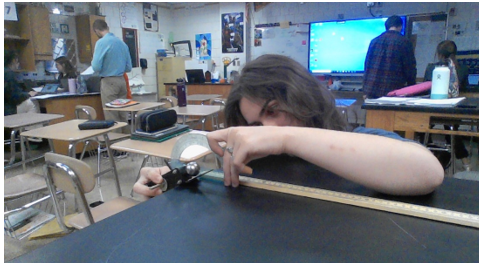
Gabbi Wade measuring the angle for the angle projection lab! It’s all focus in this picture but in the class it’s all fun!
February 21, 2023
After a longer-than-expected hiatus, the Science Scoop has returned, this time featuring one of the most controversial subjects. Physics, now available for rising sophomores to take, has many people wondering, “Should I take it? Will it be too hard? And is it worth it?”
Students who followed the natural progression of science classes took biology, chemistry, and ended up in physics as juniors. But now that it can be taken as a sophomore, many people want to know if the class is a good fit for them.
There is no other STEM class that can tie in the real world in such applicable ways. Physics makes math matter and gives students just cause for all the math they have already learned and will learn in the future. From traffic circles, to throwing a football, to hanging a sign – physics can explain it. “If you can’t touch and see it, it didn’t happen. Luckily, in physics, we can touch and see everything,” says Honors Physics teacher, Mr. Rychwalski.
In regular math classes, the numbers mean nothing, but in physics, math matters. It’s applicable, which makes it feel easier. With all the math students do in physics, they can better develop their math skills all around. One of the worries I and many others had going into physics, is that you have to be good at math going in. This is a huge misconception, and I’m living proof! I am not naturally adept at math in any sense, and I can honestly admit that this math-heavy class has become one of my personal favorites.
If the math does seem intimidating, just remember that you’ll only have to learn about five things and then use those things in different ways. The focus of the class is to know about velocity, acceleration, force, friction, and work – that’s only five things!
Not only does Physics help strengthen skills in STEM classes, but it also makes students better at the other core classes. One of the things that physics students do regularly is super-fun labs which require formal write-ups with a written discussion paragraph. Mr. Rych mentions that by doing that, students can apply it to English writing as well. And of course, you can tie in history because students will learn all about the contributions of different scientists such as Sir Isaac Newton and Johannes Kepler.
Physics can also become an incredibly useful tool in the future and not just in the ways you expect. Mr. Rych says, “The number one thing employers are looking for is problem-solving, critical thinking, thinking outside the box. We do that every day in physics; in fact, that’s kind of the point. There isn’t another class where you spend as much brain power trying to figure things out and solve problems as you will in physics.”
At times, physics may be challenging, but when it comes to college, it’s pretty widely accepted that admissions counselors are looking for students who have challenged themselves. Getting a B in Honors Physics as a sophomore rather than an A in a less challenging class will probably impress some admissions counselors out there. Taking a class like physics shows that you are well-rounded and willing to step up and work through challenges beyond high school.
Physics opens doors to a multitude of other sciences. As mentioned before, physics is key to understanding other science classes. Anyone contemplating studying biology, engineering, chemistry, geology, or astronomy will need a strong background in physics. Understanding physics will pay off in the future as many of the highest-paying degrees require at least one type of physics class.
Finally, physics can be fun and empowering. There is a lab almost every week and they can be so much fun. These labs can include “Pumpkin Chunkin” where you build a catapult and test how far it can launch pumpkin candies, “Bouncy Lab” where you measure the apex height of bouncy balls, and a velocity lab where you go outside with the SRO and measure how fast passing cars are going with the radar gun.
If all this isn’t enough to convince you to take physics, maybe Mr. Rych’s dad jokes and random inclusion of Spanish vocabulary will be!


